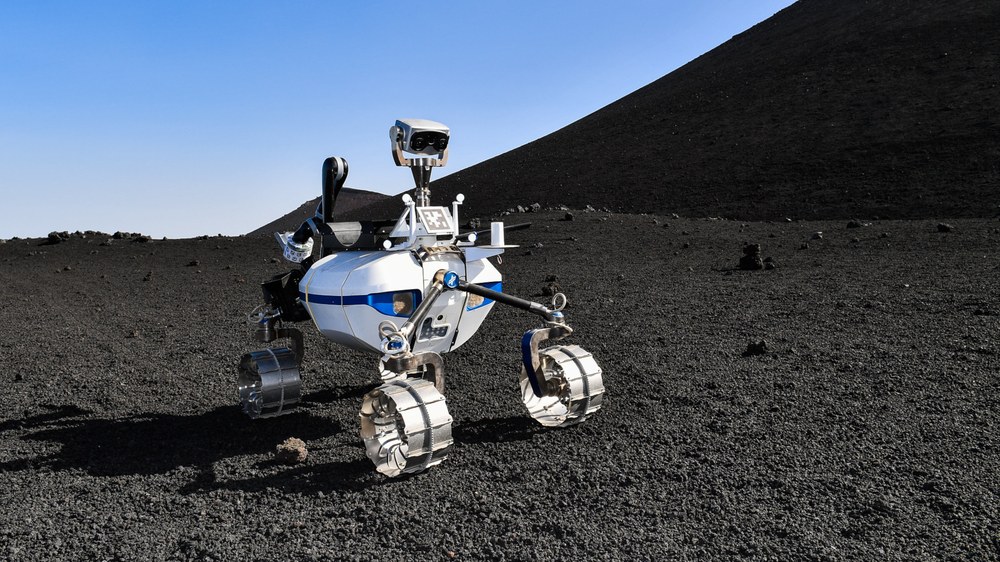Earth observation
DLR tailors its Earth observation activities to the current and future scientific, societal, political and economic challenges posed by global processes and changes.

Space has become indispensable in the twenty-first century. It hosts important infrastructure for our modern lives on Earth, such as for communication, navigation, Earth and climate monitoring and robotic applications. It provides important insights into the development of Earth, the Solar System, the Universe and enables the generation of new fundamental knowledge. Space research is also the driver of numerous innovations in fields such as microelectronics, material sciences and robotics.
The work carried out in space research is geared to societal needs and, in this context, provides numerous new solutions and technology developments for various industrial sectors. At the same time, DLR conducts fundamental research for pure knowledge gain and for the establishment of new research questions across a diverse range of disciplines. DLR's 'Space Research and Technology' research and development programme is aligned with the German government's space strategy and is based on research policy guidelines and HGF recommendations. The implementation of the programme is simultaneously integrated into scientific and commercial activities at national and international levels with the goal of achieving societal and scientific benefits.
To this end, DLR space research advances a number of focus areas across six programmatic themes to ensure a balanced, diverse and vital programme for shaping how we make use of space in the future.
Space research enables us to build knowledge for tomorrow and develop a new generation of technologies. Innovations and the transfer of technology from space research to terrestrial use are fundamental goals. Only the combination of fundamental research and applied research makes it possible to align our goals with wider societal benefits and needs. DLR has the capability to systematically design and understand complex scenarios and is able to successfully carry out many large and highly complex projects in parallel over long periods of time effectively and cost-efficiently.
With this systems expertise and leadership competence in space research, DLR is a central player for studying Earth and the cosmic environment. This activity requires further research and development on intelligent sensor systems in space, new satellite systems and constellations, new robotic technologies, highly sophisticated ground infrastructure, powerful evaluation algorithms and concepts for archiving and distributing vast amounts of data.
DLR's space research portfolio covers the entire system chain, from the development of scientific and technological fundamentals to applications, across more than 20 institutes. In addition to generating new knowledge and establishing new scientific foundations, DLR is also an indispensable partner to the space industry.
Humankind's development of space flight has given rise to Earth observation as a new discipline focussed on our planet's atmosphere and environment. With the aid of satellite data, scientists can analyse many aspects of the environment that cannot be studied using traditional ground-based methods. Solving global problems requires a global perspective; the hole in the Ozone Layer, the 'Greenhouse Effect', pollution in the oceans and many other environmental issues can only be investigated thoroughly from space. Space-based environmental monitoring is crucial for developing comprehensive solutions.
